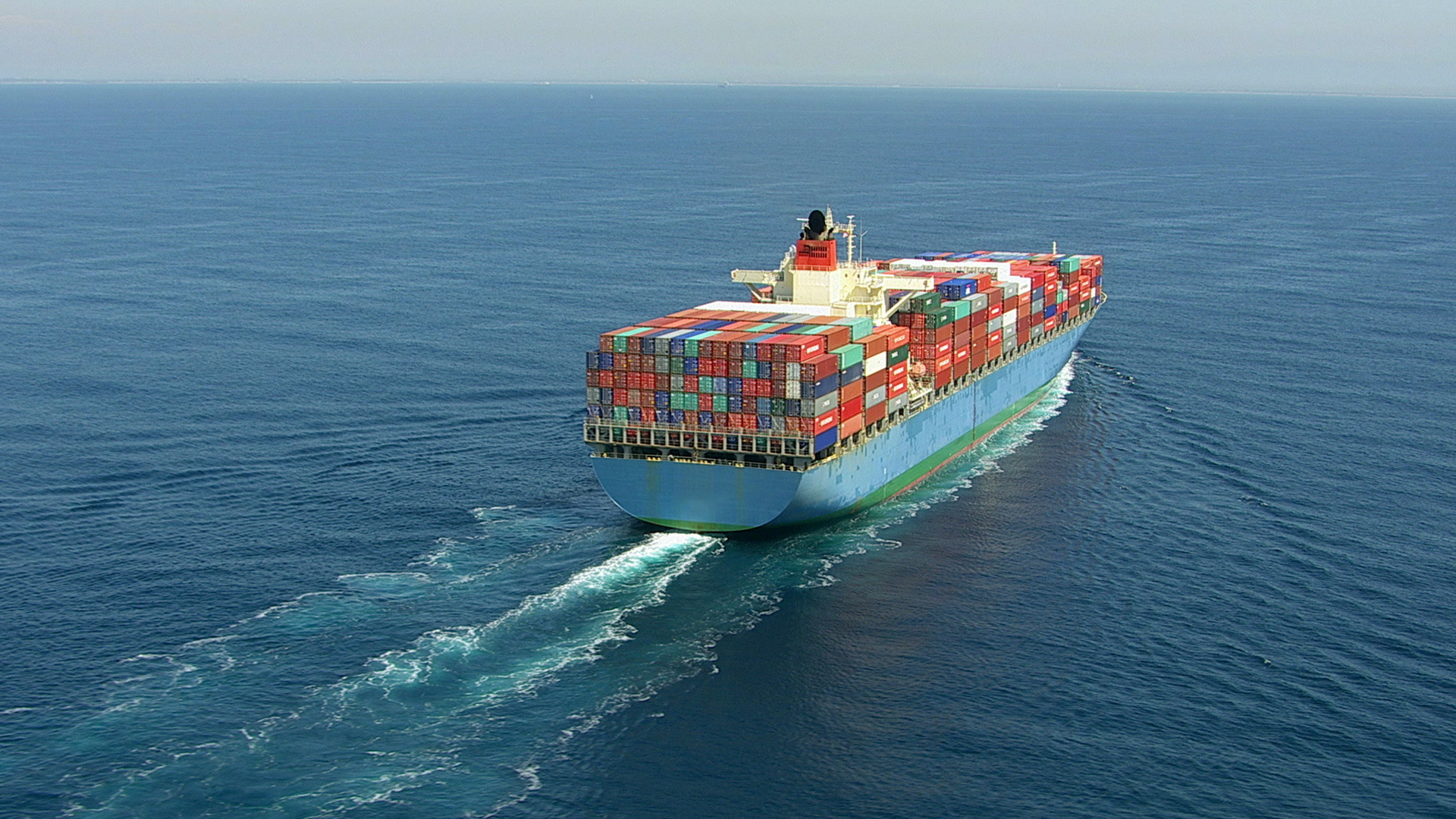Which countries are the most expensive for tourists?


Get involved with our crowdsourced digital platform to deliver impact at scale
Stay up to date:
Supply Chain and Transport
With travel and tourism an indispensable generator of much-needed revenue, attracting large numbers of tourists is a key aim for economies around the world. While price is only one of the factors determining where people choose to visit for their holidays, it’s obviously an important one. So which country is the most expensive destination for tourists?
One measure can be found in the World Economic Forum’s Travel and Tourism Competitiveness Report 2015, which assesses 141 economies on a range of factors linked to their tourism industries.
In the report, price competitiveness is calculated based on ticket taxes and airport charges, hotel price index, purchasing power parity and fuel prices.
Switzerland emerges as the most expensive destination for tourists, with the UK and France close behind in second and third places. Other European nations take many of the other top spots, including Norway, Denmark, Sweden and Italy.
The price competitiveness data is compiled from a number of sources, including the International Air Transport Association, Deloitte–STR Global and Smith Travel Research Inc. and the World Bank, World Development Indicators.
Have you read?
Top 10 most tourism-ready economies
How can we ensure tourism benefits locals?
Is it time for a global passport?
To keep up with the Agenda subscribe to our weekly newsletter.
Author: Paul Muggeridge is Head of Content at Formative Content.
Image: An aircraft flies over the skyline of Sao Paulo, Brazil, August 11, 2015. REUTERS/Paulo Whitaker
Don't miss any update on this topic
Create a free account and access your personalized content collection with our latest publications and analyses.
License and Republishing
World Economic Forum articles may be republished in accordance with the Creative Commons Attribution-NonCommercial-NoDerivatives 4.0 International Public License, and in accordance with our Terms of Use.
The views expressed in this article are those of the author alone and not the World Economic Forum.
Related topics:
The Agenda Weekly
A weekly update of the most important issues driving the global agenda
You can unsubscribe at any time using the link in our emails. For more details, review our privacy policy.
More on Supply Chains and TransportationSee all
Nick Pickens and Julian Kettle
April 22, 2024
Rida Tahir
April 9, 2024
Kimberley Botwright and Spencer Feingold
March 27, 2024
Andrea Willige
March 19, 2024







